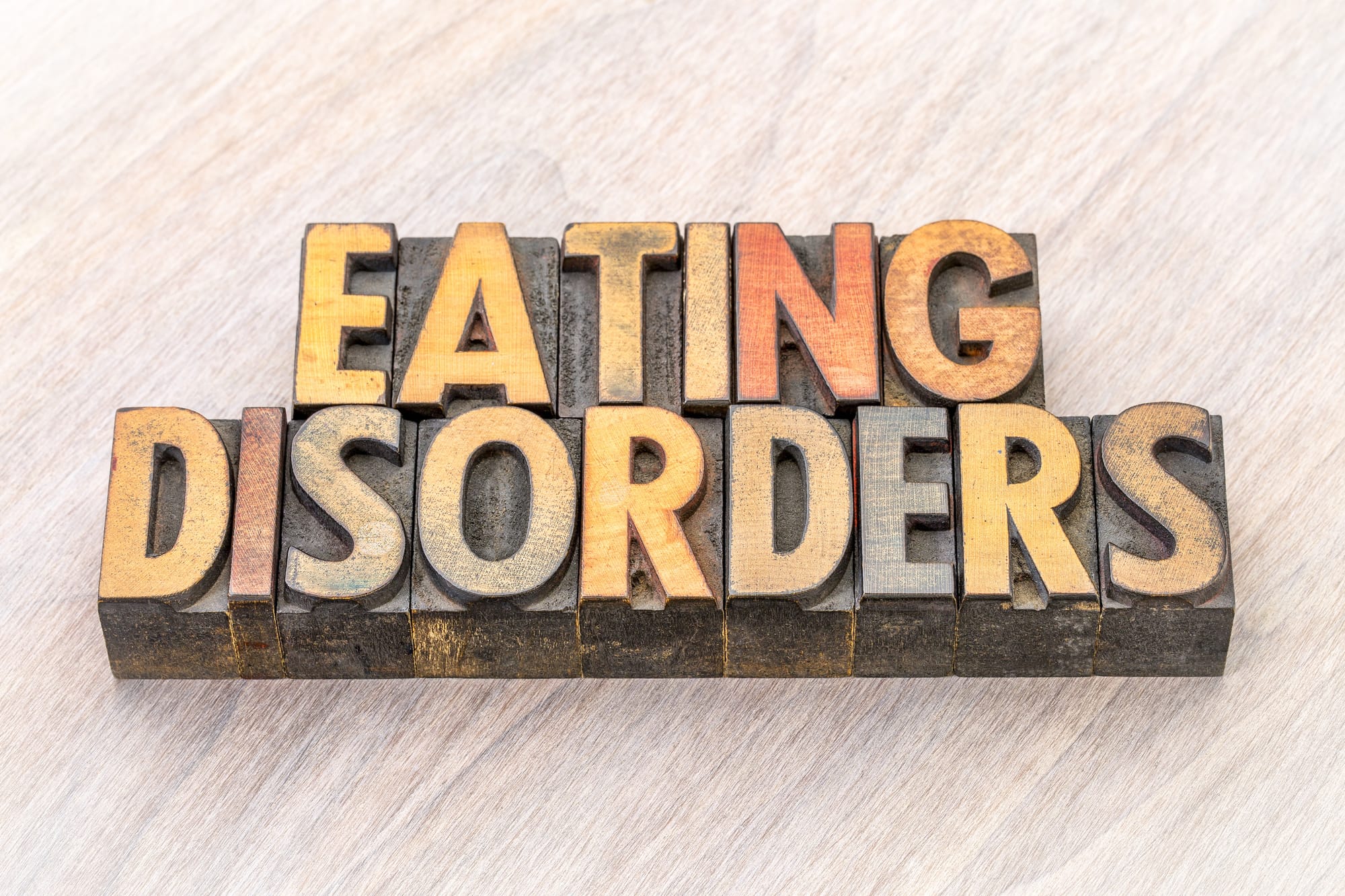Did you know that the best-known environmental contributor to eating disorders is the idealization of being “thin” by society? By age 6, girls start to talk about their concerns with their weight and size. 40-60% of elementary school girls are concerned about becoming too fat.
These concerns continue into adulthood, and you can develop a complicated relationship with food. With the right help, you can take steps towards a positive self-image and confidence. The first step is to find the eating disorder treatment that works for you.
Do you want to learn more about the different eating disorder treatments available for you? Keep on reading to learn more.
Types of Eating Disorders
There are many different types of eating disorders from anorexia to bulimia. These types of eating disorders work differently and affect you in different ways. What they have in common is that they all involve abnormal eating habits.
The complicated relationship with food is merely a symptom of a deeper emotional problem you may be struggling with. Your eating disorder may be a way to feel more in control of your life. Unfortunately, it can lead to negative and toxic patterns of thinking and behavior in the long term.
Eating Disorder Treatments
The first step to supporting your mental health is to look for these eating disorder warning signs, including too much exercise. By learning more about the different treatments, you can take steps towards eating disorder recovery.
Therapy
From Zoom dysmorphia to social media influences, building and maintaining a positive self-image for personal growth is a challenge. If you are struggling through difficult emotions, finding the right therapy can make all the difference.
Cognitive-behavioral therapy (CBT) is a common approach as it uses different types of therapeutic techniques. The goal of CBT is to help you change your thoughts and behavior, and tackle difficult emotions. CBT includes mindful meditation, self-monitoring, and regular, supervised weighing.
Other psychotherapy treatment options include:
- Family or group therapy
- Mindfulness-based therapy
- Compassion-focused therapy
Interpersonal psychotherapy is another type of mental health treatment. It helps to improve your social relationships by problem-solving and role-playing.
Nutrition Education
Your mental health should be your priority especially when surrounded by endless videos on what influencers eat in a day. You can work towards long-term success in your eating disorder recovery by learning about nutrition. Learn more about your body, what it needs, how to plan a meal, and how to establish regular eating patterns.
Treatment Programs
Where you need more support, you can find inpatient treatments or hospital day treatments. You can attend for a few days or weeks to get dedicated medical care, including group therapy and nutrition education. Hospitalization is usually the last resort if you have serious physical or mental health problems.
Want to Learn More?
Finding the right eating disorder treatment can help you towards your goal of personal growth and fulfillment. We know you are constantly focusing on self-improvement and becoming a better version of yourself.
That’s why we have a whole collection of articles on how you improve your life for personal growth that you can check out on our blog.







